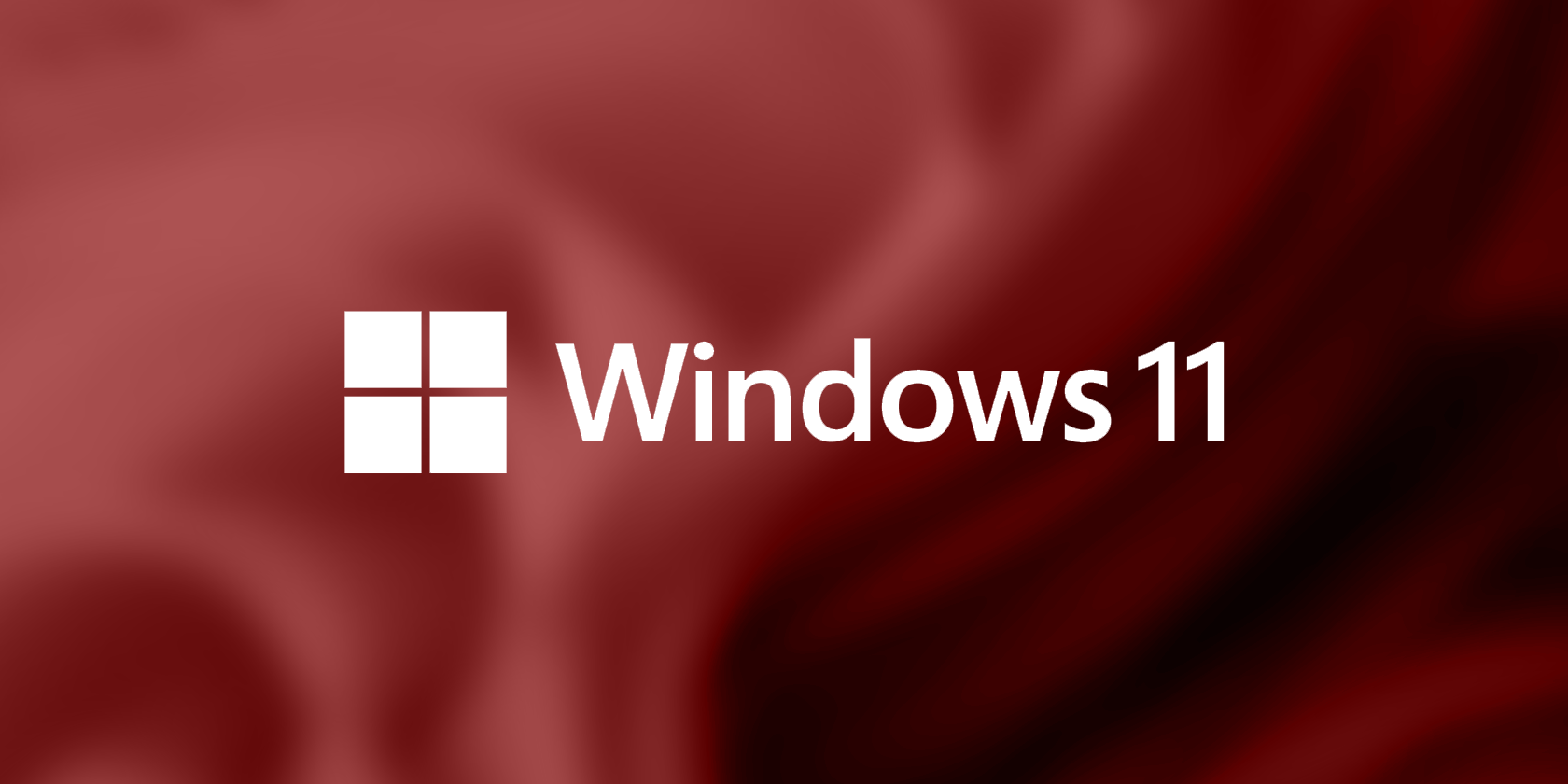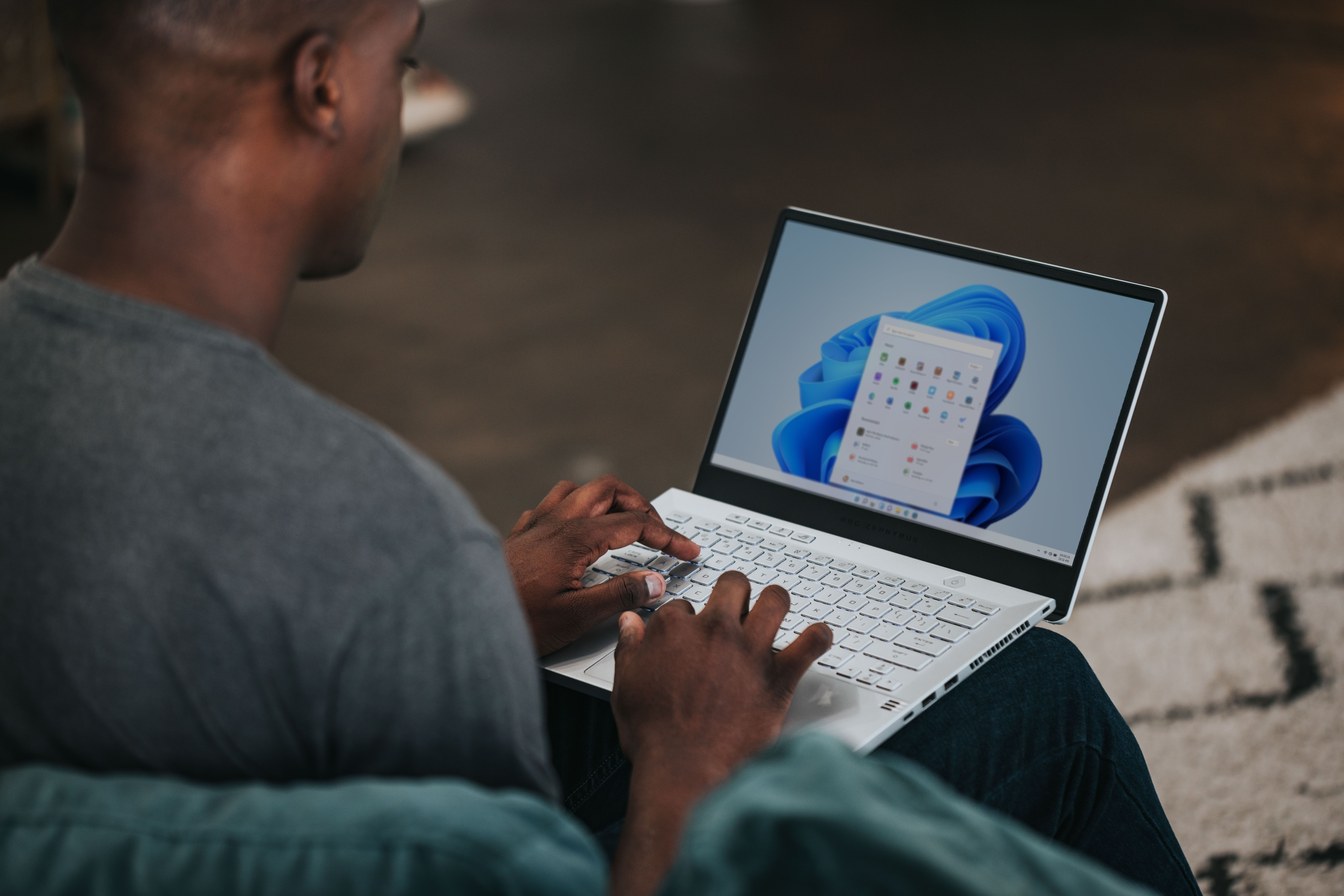The announcement of Windows 11 took many as a surprise, mainly because of the massive change of direction that Microsoft took with the operating system. The company once said that Windows 10 would be "the last version of Windows," but is now launching a radically different version of Windows made to please a new crowd.
The update brings several UI changes and improvements under the hood in every part of the operating system. But while there are many pros to upgrading to Windows 11, there's also a lot of cons that you'll need to weigh when deciding on downloading Windows 11. So, should you upgrade to Windows 11 as soon as it's out?
Windows 11 Will Be a Phased Rollout
First things first: we know for sure when you will be able to upgrade to Windows 11. Microsoft has confirmed that it will begin the rollout of Windows 11 on October 5, 2021.
If you have a recent-ish system (at least 8th gen Intel or AMD Zen+) that runs Windows 10, and you would like to upgrade to Windows 11, the update will be delivered to you via Windows Update in phases. This means that the update may not roll out for you on the first day and might instead roll out in a phased manner throughout several weeks. This is often done to spot deal-breaking bugs early, allowing Microsoft to squash it before rolling the update out to everyone else.
If your computer is not supported by Windows 11, you can manually update to Windows 11 using an ISO. However, while Microsoft won't stop you from doing this, you won't receive any support and may encounter some issues as a result. This is something that you'll need to have in mind if you're planning to install Windows 11 on an older system.
Sometimes It's Good Practice to Wait
Given what we said before, it's always good practice to wait a few weeks before jumping on a new release, even if Windows claims it's a stable update. This is because there might still be glitches that Microsoft didn't manage to catch throughout the Insider Preview program. These glitches can range from a minor inconvenience (such as programs working incorrectly) to a considerable headache (such as bluescreens of death).
You may also encounter compatibility issues with the software you're currently using, especially older ones. While Windows has historically been pretty good with backward compatibility and legacy software support, there are always drivers that break or programs that stop working at a moment's notice. This happens with every version of Windows released and will surely happen to Windows 11, especially since it packs so many radical changes.
You Can Now Try Windows 11 in Your Browser. Here's How...
This is why Microsoft is doing a staged rollout instead of giving everyone access to Windows 11 all at once. As such, your hopes of getting Windows 11 on day one may already be dashed, as it may take weeks or months until Microsoft decides to give you the upgrade.
Should I Upgrade Day One?
So if the question is, "should you upgrade day one?", with "day one" being October 5, 2021, we'd advise against it. To clarify, Windows 11 has a lot of neat improvements and new features to improve the way you use your computer or laptop, so we're definitely not advising against updating to Windows 11 at all. In fact, if the update will be available for your device, go for it. However, as we said before, it's always good practice to wait at least two weeks after an update is out.
This will give time for early birds to report any bugs that may arise. After all, it's never a good experience to have annoying errors or issues on the computer that you use as your daily workhorse, and it's good practice to avoid that whenever possible.
t's also the reason why we're not actively recommending anyone to get the Windows 11 Insider Preview. It's already full of issues and bugs, although, being pre-release software, that's to be expected. But some of them could make their way up to the stable release if not appropriately detected, which is something you want to avoid.
If, however, Microsoft offers you the update in a late wave after some time has passed since October 5, 2021, and no deal-breaking issues have been reported yet, then you're probably good. Of course, it's a good idea to double-check that your favorite apps work on Windows 11 before hitting the upgrade button, as some may break on the new operating system.
As for the folks who are planning to update using an ISO, the same advice applies: even if they are available on day one, you should still wait some time to make sure it's actually good. This is especially so for older computers, as Microsoft said they were likely to be more prone to bugs and issues.
However, if you don't mind toughing out the teething phase of a new operating system, feel free to jump on it whenever you want. Windows 11 is set to be a massive leap for Windows in several aspects, and we're really excited about it.
Good Things Come to Those Who Wait
While Windows 11 is an exciting new development with Microsoft's operating system, it's not a great idea to dive into it head-first. Instead, be sure to give it some time and allow the more critical bugs to get ironed out before downloading Windows 11 to your PC.




